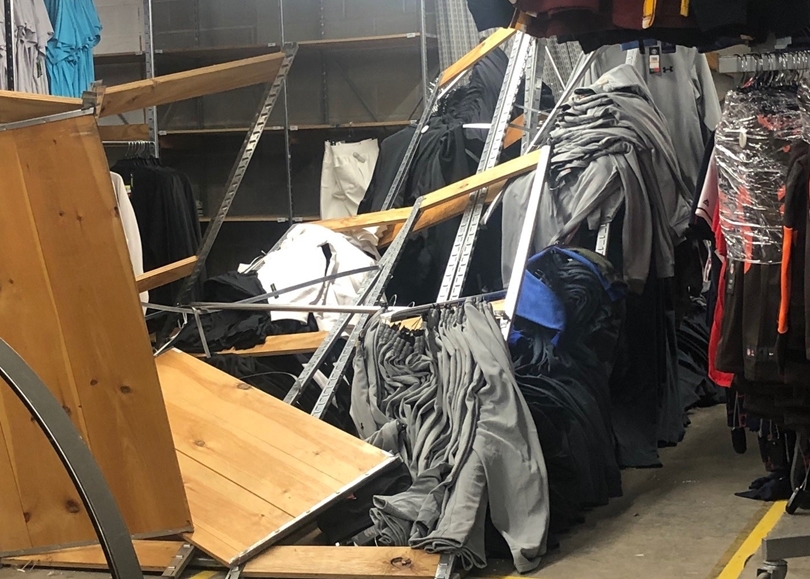Dealing with Mistakes

We often hear bad news and how we react is dependent on how the information is presented to us. All of us, at one time or another, have made mistakes and these errors led to consequences. No person is perfect and when mishaps occur our actions after them define our character. It does not matter if we are at fault, if we are involved in a management role, or how we are connected to the issue. What matters is how we deal with the situation and our professionalism throughout the process.
Tell the Truth
The first rule to follow when you are somehow involved with a mishap is to tell the truth. Lying to cover for yourself or a friend can only make the situation worse. People have more respect for you if you are honest and admit to a mistake. If you are a witness do not be afraid to speak up either. Being open and honest is not the same as intentionally blaming someone else or spreading rumors. Just remember, no matter what happens it is important to find a solution to the problem.
Figuring out your Options
What can be difficult when attempting to resolve a problem is people are different. This means there is no one solution to a reoccurring issue. Some people want discounts while others just want an apology and someone to complain to. Customers want to know what you will do to improve the situation. However, you also have a responsibility to figure out what went wrong. When someone calls with a complaint or to report an accident, it is your obligation to listen. It is important to find out what happened, if there is unnecessary fault, and what should have been done differently. People feel important when their opinion is valued and listening to everyone’s suggestions can only help to improve your perspective on a situation.
Fixing the Problem
After a proper investigation is performed and more information is available it is time to decide on what should be done. How can the problem be resolved and how is the upset customer being satisfied? Once this determination is made it is time to act. Delaying will only make the situation worse. After you have taken the appropriate action, it is time to investigate the cause. What practices need to be improved and is discipline required? A technical mistake should have a different response then human error. Furthermore, the type of human error must be considered. A mistake can be made innocently, or it can be made because of laziness. Each cause should have a different result in terms what type of discipline is issued. Finally, if someone makes the same mistake repeatedly it might be time for a difficult conversation.
Attitude is Everything
People respect honesty and compassion more than lies and aggression. When a customer is upset, they are often rude, and it is easy to get provoked and become defensive. It does not matter what someone else does or says getting hostile and defensive will always make a situation worse. Even if you are not at fault often the best approach is to apologize and be empathic. The first step to dealing with an upset person is to get them to calm down. Once they become more reasonable, they will be easier to deal with and it will be easier to reach a point where everyone is happy. This also applies when having to discipline an employee. If you are compassionate, calm, and understanding the employee is much more likely to change a poor habit or behavior. The goal of any difficult conversation is to grow and improve together. If someone leaves this type of conversation unhappy it will have a negative effect on the culture of the workplace.
It is unrealistic to think everything will go according to plan. However, it is not unreasonable to have an expectation on how to deal with a situation. We expect people to tell the truth, be understanding, and be willing to apologize. Just remember to stay calm in any situation because eventually you will be in the opposite position. Think how you would like the situation to be handled and odds are everything will work out.














































